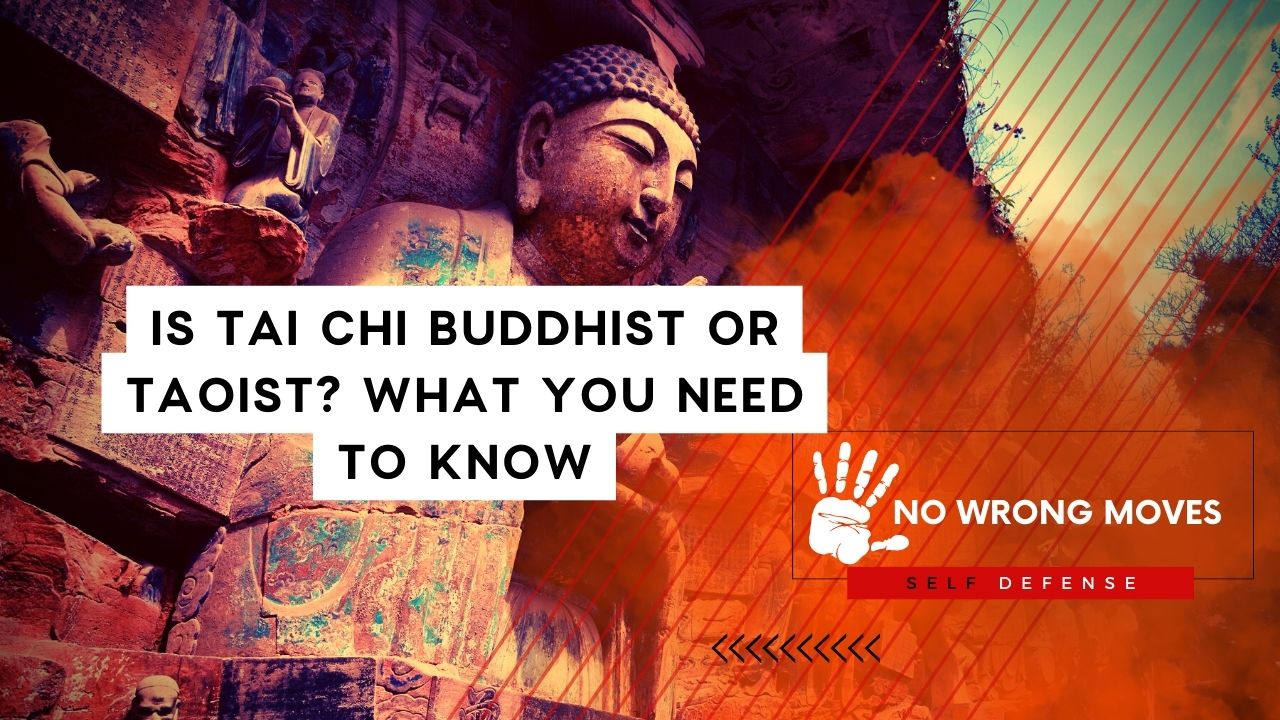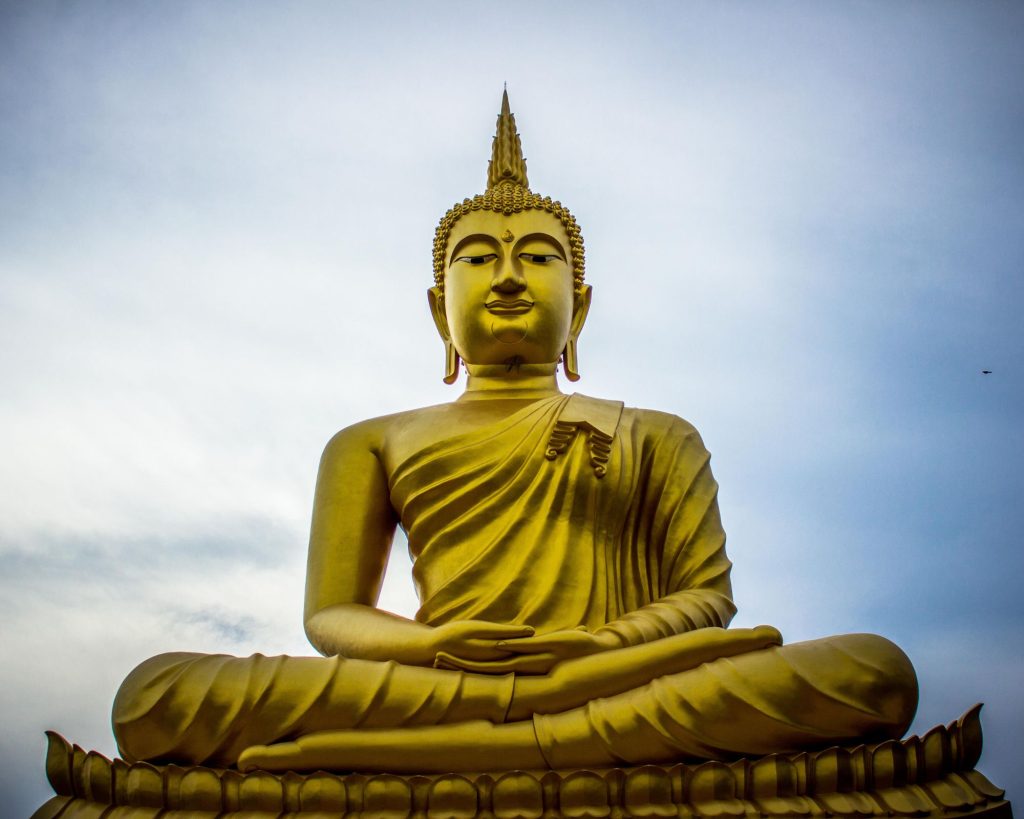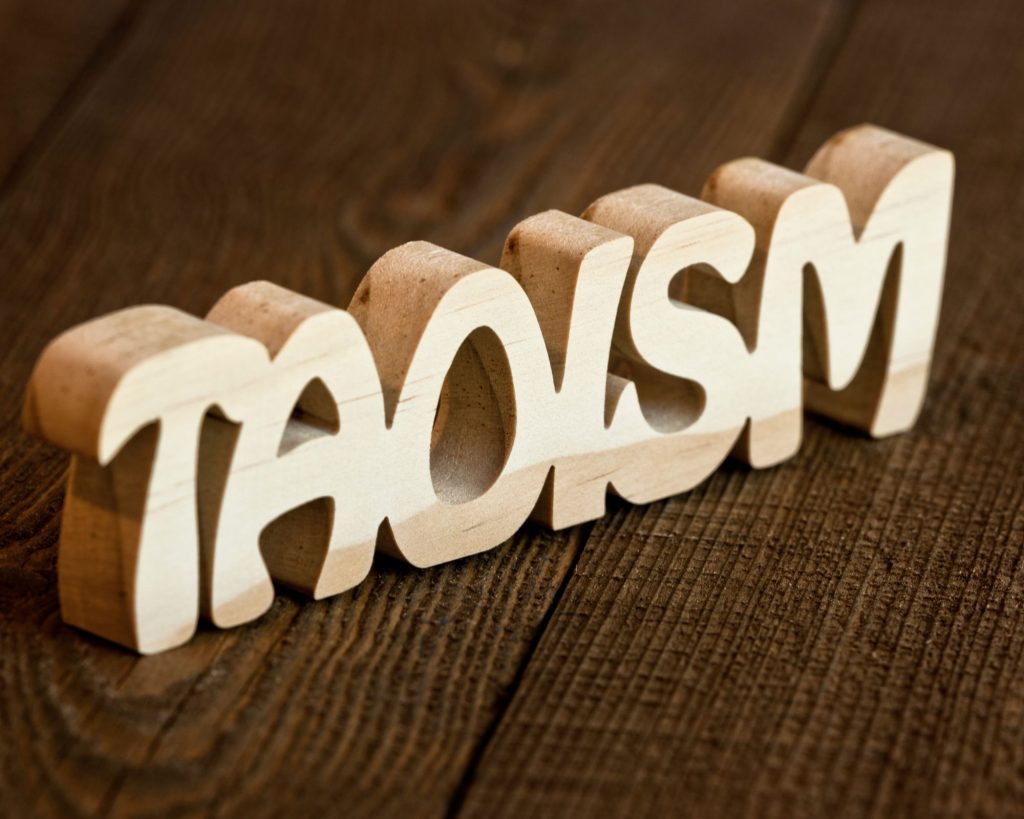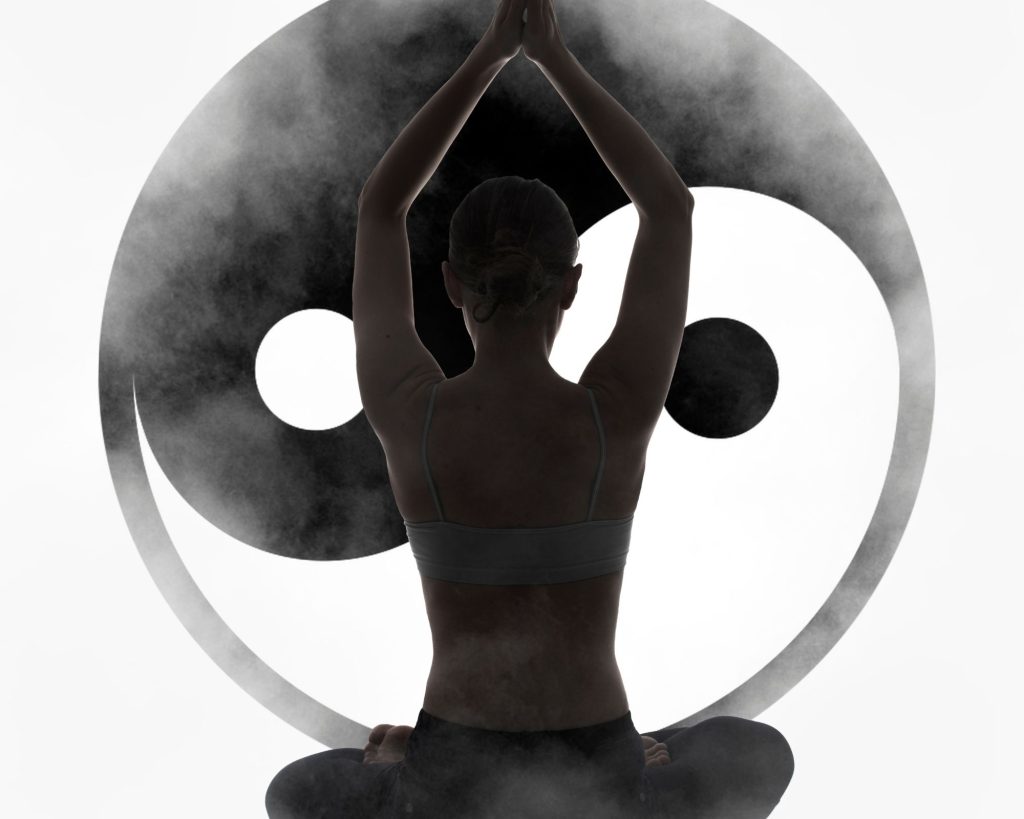
Are you curious about the relationship between tai chi, Buddhism, and Taoism? Have you been wanting to learn tai chi but not sure which tradition it is connected to? I've been there, and it can be overwhelming trying to make sense of the different martial arts practices and philosophies.
In this article, I'll explain the essential differences between Buddhism and Taoism, how they both influence tai chi, and the benefits of learning the art.
We will also explore the history of tai chi and the key elements that distinguish it from other forms of martial arts.
By the end of this article, you'll have enough knowledge to decide which tradition and art practice works best for your goals, be they improving your physical health, understanding eastern philosophy, or mastering a new form of martial arts.
So let's dive in and take a closer look!
Is Tai Chi Buddhist or Taoist?

Tai Chi is an ancient Chinese physical practice that has become increasingly popular in recent years. It is a form of exercise and meditation that incorporates gentle movements and deep breathing. But what is the origin of Tai Chi? Is it Buddhist or Taoist?
The answer to this question is complicated. Tai Chi has both Buddhist and Taoist origins and influences, and practitioners of both traditions have found value in the practice.
To answe this in depth, I want to explore the roots of Tai Chi and investigate the similarities and differences between Buddhism and Taoism to uncover the spiritual nature of the practice.
Exploring the Roots of Tai Chi

The practice of Tai Chi is believed to have originated in China about 600 years ago, though some believe it to be much older. It began as a martial art, but has evolved over time to become a form of exercise and meditation.
The movements of Tai Chi are based on the principles of yin and yang, which is a foundational belief in both Taoism and Buddhism.
Tai Chi is most commonly associated with Taoism, but there are Buddhist elements in the practice. The principles of Taoism, including balance and harmony, are important aspects of the practice, and many of the exercises involve Buddhist-style meditative breathing.
Investigating the Beliefs of Buddhism

Buddhism is a religion founded by the Buddha Siddhartha Gautama in the 6th century B.C.E.
It is based on the Four Noble Truths and the Eightfold Path, which are the guidelines for living a compassionate life. Buddhism is centered on the idea of wisdom, compassion, and the power of meditation.
The practice of meditation is very important in Buddhism. The goal of meditation is to quiet the mind and gain insight into the nature of reality.
Buddhist meditation practices involve focusing the mind on a single object or thought, such as a mantra or a visualization. This helps to develop the ability to maintain focus and be mindful of the present moment.
Examining the Principles of Taoism

Taoism is a spiritual tradition that is based on the ancient Chinese philosophy of Tao. Taoism emphasizes living in harmony with nature and the universe.
It is based on the idea that the Tao, or the “Way,” is the source of all creation. Taoists believe that when we connect with the Tao, we can find balance, harmony, and peace in our lives.
Taoist teachings emphasize the importance of balance and harmony between the physical, mental, and spiritual aspects of life.
Taoism also teaches that we should be living in harmony with the natural world and its cycles. The practice of Tai Chi is based on the same principles of balance, harmony, and connection with nature that are found in Taoism.
Uncovering the Similarities between Tai Chi and Taoism

As we have seen, Tai Chi has both Buddhist and Taoist influences. The practice incorporates Taoist principles of balance and harmony, as well as Buddhist-style meditation and breathing techniques.
The mindful movements of Tai Chi are designed to help practitioners to become more mindful and aware of their bodies and the world around them.
The connection between Buddhism and Tai Chi goes beyond just the physical movements. Buddhist teachings emphasize living a compassionate life and practicing mindfulness, and these same teachings can be applied to the practice of Tai Chi.
The practice of Tai Chi is based on the same principles of balance and harmony that are found in Taoism. Tai Chi also involves connecting with nature and the cycles of the seasons.
Tai Chi also blends Taoist principles with Buddhist-style meditation and breathing techniques. Practitioners of Tai Chi are encouraged to focus their minds and become more mindful of their thoughts and emotions. These same principles are found in both Taoism and Buddhism.
Discovering the Differences between Buddhism and Taoism

Although Buddhism and Taoism have many similarities, there are also some differences between the two. Taoism emphasizes connecting with nature and the cycles of the seasons, while Buddhism focuses on living a compassionate life and practicing mindfulness.
Buddhism is a religion and has a set of teachings and beliefs, while Taoism is more of a philosophy that emphasizes living in harmony with the natural world.
Buddhism also emphasizes the path to enlightenment through meditation, while Taoism focuses on balance and finding harmony within oneself.
Wrapping Up: Is Tai Chi Buddhist or Taoist?

Tai Chi is an ancient practice with both Buddhist and Taoist roots. It is based on the principles of balance and harmony and involves connecting with nature and the cycles of the seasons. The practice also incorporates Buddhist-style meditation and breathing techniques.
The spiritual aspects of the practice can help practitioners to connect with the natural world and cultivate a sense of inner peace and tranquility.
If Tai Chi leans more towards Buddhism or not, or Taoism or not, that's more of a matter of personal interpretation. But what is certain is that the practice has many physical and mental health benefits that can be enjoyed regardless of one’s religious beliefs.
Is Tai Chi a religion?
No, Tai Chi is not a religion, but it does have spiritual aspects that can be beneficial for practitioners.
What are the benefits of practicing Tai Chi
Practicing Tai Chi can help to improve strength, balance, flexibility, and cardiovascular fitness. It can also reduce stress and help to cultivate a sense of inner peace and tranquility.
Is Tai Chi Buddhist or Taoist?
Tai Chi has both Buddhist and Taoist influences, and practitioners of both traditions have found value in the practice. The spiritual aspects of Tai Chi can help practitioners to connect with nature and the cycles of the seasons, regardless of their religious beliefs.
[author-box-jpx-fitness]
